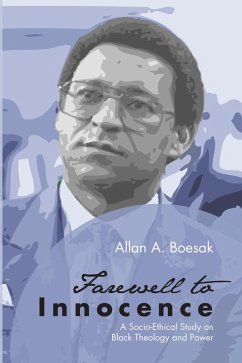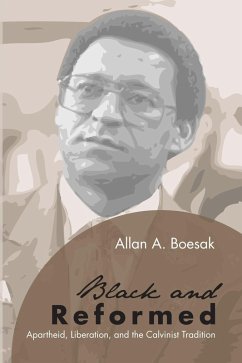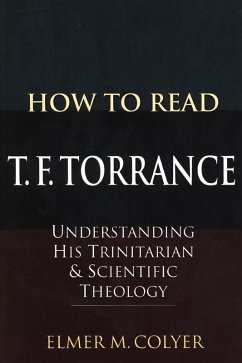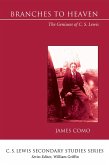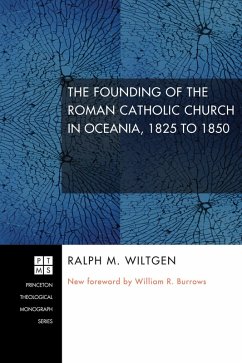While we acknowledge that all expressions of liberation theology are not identical, we must protest very strongly against the false divisions that some make: between black theology in South Africa and black theology in the United States, between black theology and African theology, and between black theology and Latin American liberation theology. But moving away from the illusioned universality of western theology to the contextuality of liberation theology is a risky business; one that cannot be done innocently. In the search for theological and human authenticity in its own situation, black theology does not stand alone. It is but one expression of this search going on within many different contexts. Until now, the Christian church had chosen to move through history with a bland kind of innocence, hiding the painful truths of oppression behind a facade of myths and real or imagined anxieties. This is no longer possible. The oppressed who believe in God, the Father of Jesus Christ, no longer want to believe in the myths created to subjugate them. It is no longer possible to innocently accept history "as it happens," silently hoping that God would take the responsibility for human failure. The theology of liberation spells out this realization. For the Christian church it constitutes, in no uncertain terms, farewell to innocence.
Dieser Download kann aus rechtlichen Gründen nur mit Rechnungsadresse in A, D ausgeliefert werden.

